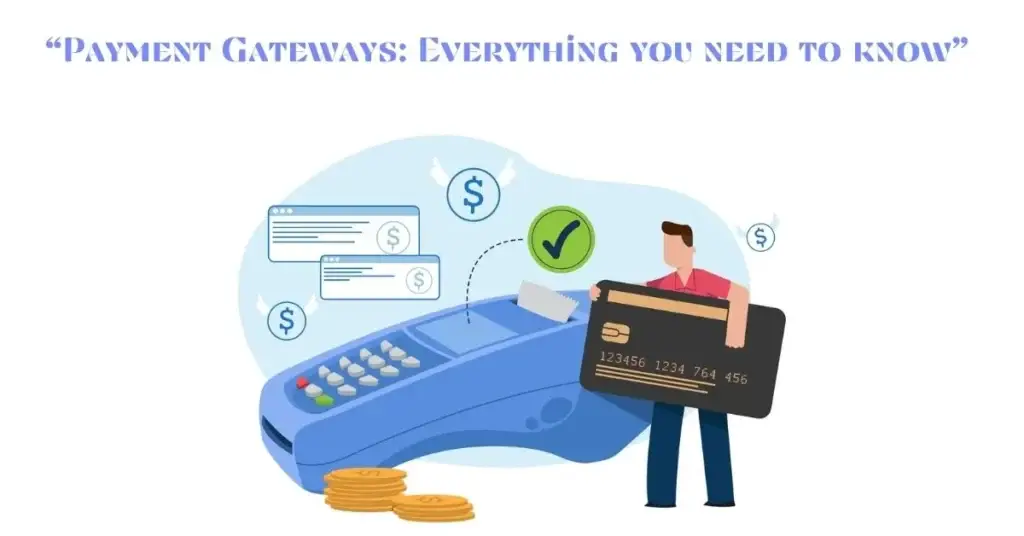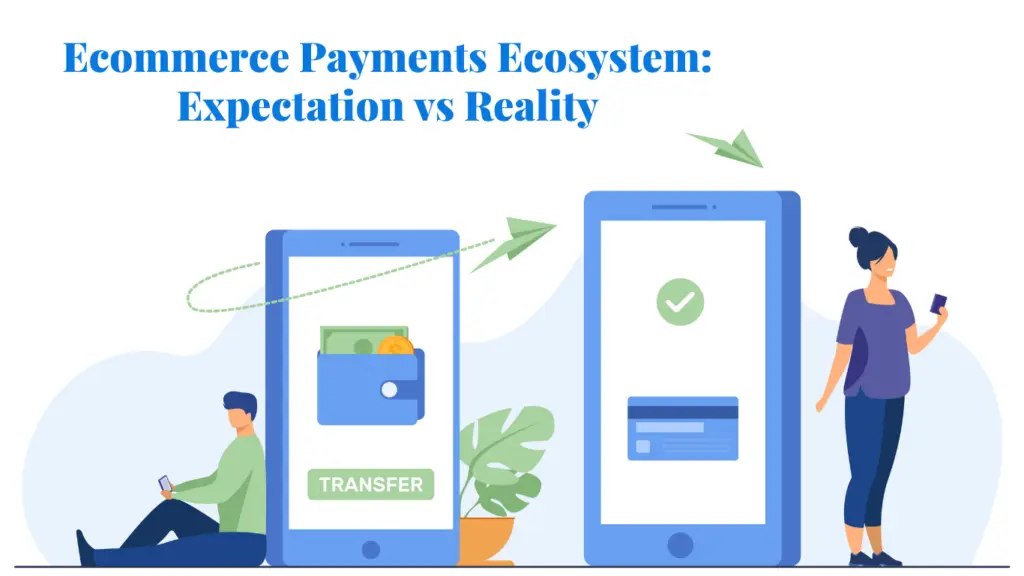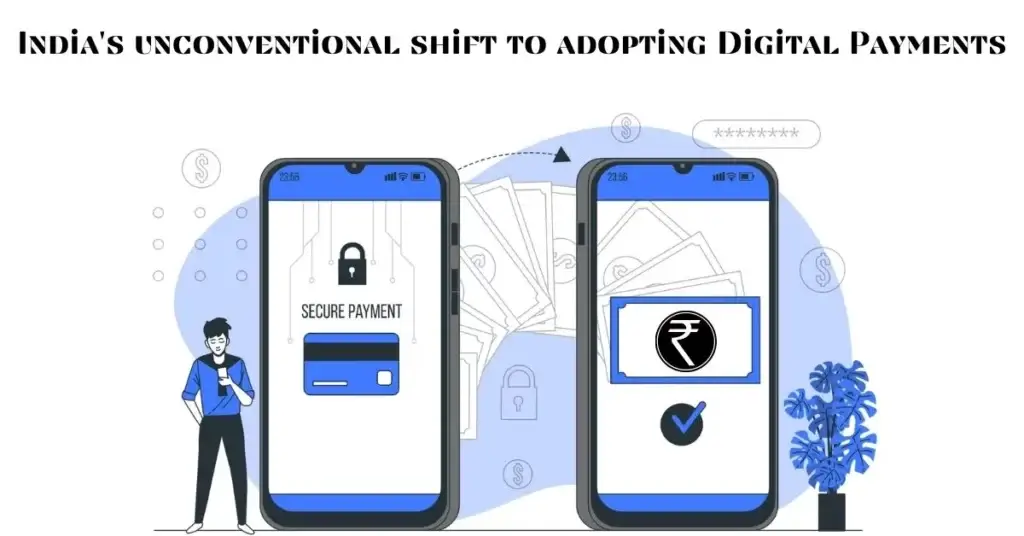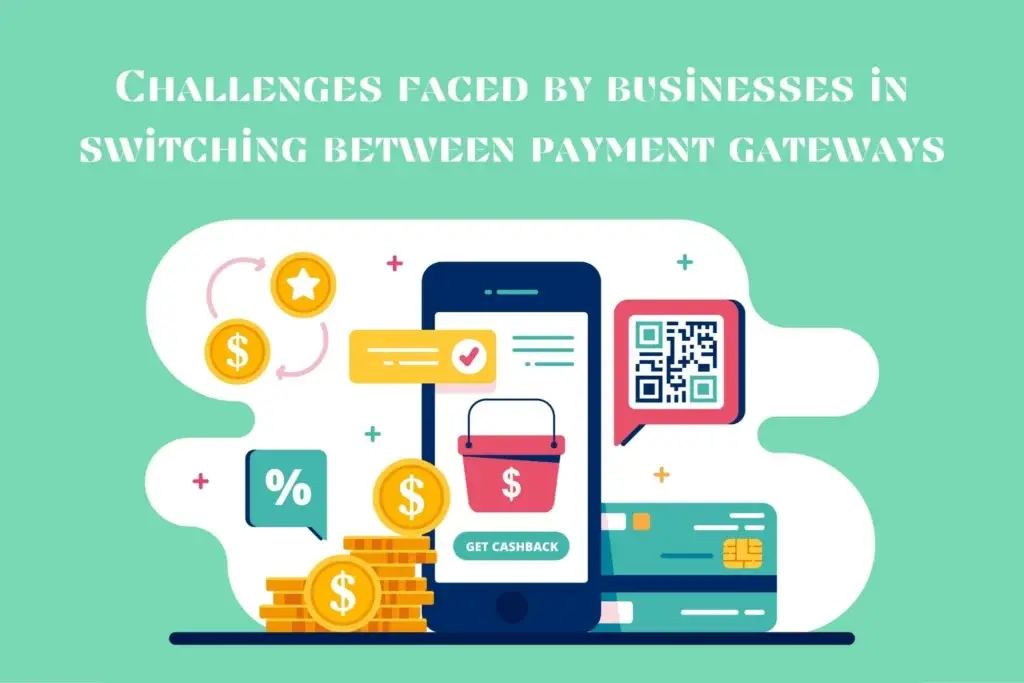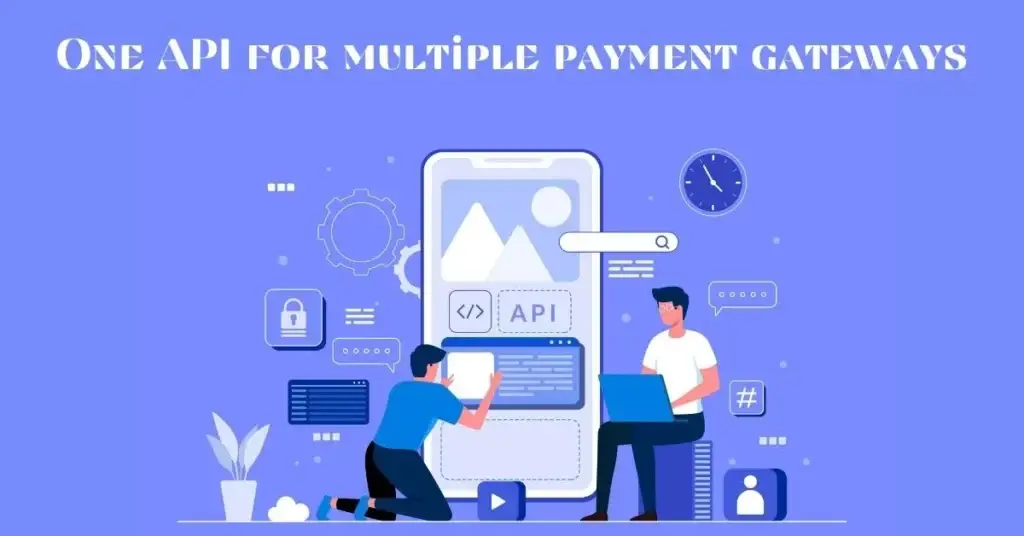In today’s fast-paced digital economy, businesses are increasingly relying on online transactions to reach a broader customer base. For this reason, understanding the fundamental concepts of merchant accounts and payment gateways is crucial for any business aiming to thrive in the digital marketplace. This article provides an in-depth look at merchant accounts in India, their importance, and how they work alongside payment gateways to ensure smooth and secure online transactions.
What is a Merchant Account?
A merchant account is a type of bank account that allows businesses to accept payments in various forms, primarily credit and debit cards. When a customer pays using a credit or debit card, the funds are first deposited into the merchant account before being transferred to the business’s regular bank account. This process ensures that businesses can securely accept electronic payments from customers.
Importance of a Merchant Account in India
With the exponential growth of e-commerce in India, having a merchant account is no longer optional but essential for any business wanting to accept digital payments. Here are some reasons why a merchant account in India is critical:
- Facilitates Digital Payments: A merchant account enables businesses to accept multiple forms of digital payments, including credit cards, debit cards, UPI (Unified Payments Interface), and mobile wallets. This flexibility is crucial for catering to a diverse customer base that prefers different payment methods.
- Ensures Transaction Security: Merchant accounts are equipped with security measures such as encryption and fraud detection tools, ensuring that customer payment data is handled securely. This is particularly important in a market like India, where digital payment fraud is a growing concern.
- Enhances Customer Trust: Offering secure and diverse payment options builds trust with customers, encouraging repeat business and increasing customer loyalty.
- Supports Business Growth: As more consumers in India shift towards online shopping, businesses with a merchant account are better positioned to capitalize on this trend. It helps expand market reach and provides a competitive edge over businesses that rely solely on cash payments.
How Does a Merchant Account Work?
When a customer makes a payment, the process involves several steps:
- Authorization: The customer initiates a transaction by entering their payment details on the merchant’s website. The details are sent to the payment gateway, which forwards them to the acquiring bank for authorization.
- Authentication: The acquiring bank checks with the issuing bank (the customer’s bank) to authenticate the transaction. The issuing bank verifies the customer’s details, checks for sufficient funds, and sends an approval or decline message back to the acquiring bank.
- Approval: If approved, the payment gateway notifies the merchant, and the funds are temporarily held in the merchant account.
- Settlement: Finally, the funds are transferred from the merchant account to the business’s bank account, completing the payment process.
What is a Payment Gateway?
A payment gateway is a technology that facilitates the transfer of payment information from the customer to the merchant and then from the merchant to the acquiring bank. It acts as a bridge between the customer’s bank account and the merchant account, ensuring that payments are processed securely and efficiently.
Key Features of Payment Gateways in India
- Secure Transactions: Payment gateways provide a secure environment for processing payments by using encryption and tokenization to protect sensitive customer data.
- Multi-Currency Support: Many payment gateways in India offer multi-currency support, allowing businesses to accept payments from customers worldwide. This is essential for businesses looking to expand their global footprint.
- Integration with E-commerce Platforms: Payment gateways can easily integrate with popular e-commerce platforms such as Shopify, WooCommerce, and Magento, providing businesses with a seamless way to manage online transactions.
- Real-Time Processing: Payment gateways in India enable real-time payment processing, reducing the waiting time for both merchants and customers and enhancing the overall shopping experience.
Merchant Account vs. Payment Gateway: What’s the Difference?
While both merchant accounts and payment gateways play a crucial role in online transactions, they serve different functions:
- A merchant account in India is a type of bank account where the funds are deposited temporarily after a payment is made.
- A payment gateway is a technology solution that facilitates the communication between the merchant, the acquiring bank, and the issuing bank to ensure that the transaction is secure and completed smoothly.
Think of the merchant account as the “destination” for the funds and the payment gateway as the “bridge” that helps the money reach its destination.
How to Choose the Best Merchant Account in India
When selecting a merchant account in India, businesses need to consider several factors:
- Transaction Fees: Different banks and payment processors charge varying fees for setting up and maintaining a merchant account. Compare the rates to find the most cost-effective option for your business.
- Supported Payment Methods: Ensure that the merchant account provider supports a wide range of payment methods, including UPI, credit/debit cards, and mobile wallets, to cater to different customer preferences.
- Security Features: Look for providers that offer advanced security features such as fraud detection, encryption, and compliance with Payment Card Industry Data Security Standard (PCI DSS) regulations.
- Customer Support: Opt for a provider that offers robust customer support to quickly resolve any issues related to payment processing.
- Integration with Payment Gateway: Ensure that the merchant account seamlessly integrates with your chosen payment gateway to provide a smooth and efficient transaction experience.
Benefits of Using a Merchant Account in India
- Improved Cash Flow: Merchant accounts facilitate faster fund transfers, helping businesses maintain a healthy cash flow. Quick access to funds is essential for managing day-to-day operations effectively.
- Enhanced Reporting: Many merchant account providers offer detailed reporting tools that allow businesses to monitor transactions, analyze sales trends, and make data-driven decisions.
- Increased Credibility: Offering secure and efficient payment options enhances the credibility of your business, making it easier to attract and retain customers.
- Access to Financing: Merchant accounts can help businesses build credit history, which may improve their chances of obtaining loans or credit lines from financial institutions.
Popular Merchant Account Providers in India
There are several merchant account providers in India, each offering unique features and benefits. Some of the most popular providers include:
- Payomatix: Offers a comprehensive suite of payment solutions, including multi-currency support, seamless integration with e-commerce platforms, and robust security features.
- HDFC Merchant Services: Provides a range of payment solutions for businesses, including merchant accounts, payment gateways, and POS terminals.
- ICICI Merchant Services: Offers customized payment solutions to meet the needs of businesses of all sizes, with advanced fraud prevention tools and multi-currency support.
- Razorpay: A leading payment gateway in India that also offers merchant accounts with competitive transaction fees and advanced analytics.
Conclusion
In the digital era, having a merchant account in India is indispensable for businesses looking to accept digital payments securely and efficiently. By understanding how merchant accounts work in conjunction with payment gateways, businesses can enhance their payment processing capabilities, improve customer satisfaction, and drive growth. Whether you are a small business or a large enterprise, selecting the right merchant account provider and payment gateway is crucial for your success in the competitive online marketplace.
Final Thoughts
As businesses continue to embrace digital transformation, the importance of robust payment solutions, including merchant accounts and payment gateways, will only increase. By choosing the right partners and implementing the best payment strategies, businesses can ensure a smooth and secure transaction experience for their customers, ultimately contributing to their growth and success.ure to check out various options before finalizing one. Make well-informed decisions.

